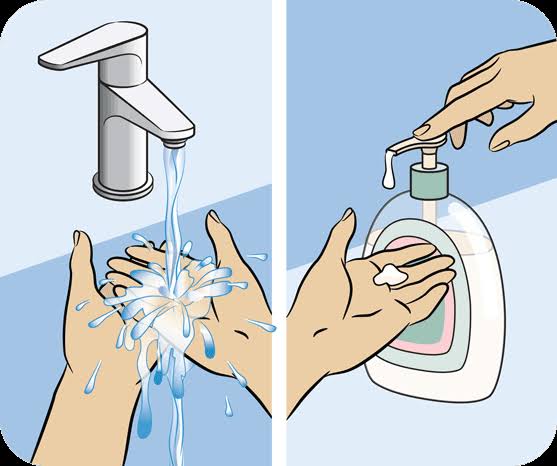The latest report by the World Health Organisation and an accompanying article published in The Lancet show that half of the world’s population still does not have adequate access to safe drinking water, sanitation and hygiene, which could have prevented at least 1.4 million deaths and 74 million disability-adjusted life years (DALY) in 2019.
“With growing WASH-related health risks seen already today through conflicts, the emergence of antimicrobial resistance, the re-emergence of cholera hotspots, and the long-term threats from climate change, the imperative to invest is stronger than ever” said Director, WHO Department of Environment, Climate Change and Health, Dr. Maria Neira.
“We have seen improvements in WASH service levels over the last 10 years, but progress is uneven and insufficient”
The report, titled ‘Burden of disease attributable to unsafe drinking water, sanitation, and hygiene: 2019 update,’ presents estimates of the burden of disease attributable to unsafe drinking water, sanitation and hygiene for 183 WHO Member States disaggregated by region, age and sex for the year 2019.
The estimates are based on four health outcomes: diarrhoea, acute respiratory infections, undernutrition, and soil-transmitted helminthiases.
The WHO statement showed that diarrhoeal disease accounted for most of the attributable burden, with over one million deaths and 55 million DALYs.
The second largest contributor was acute respiratory infections from inadequate hand hygiene, which was linked to 356,000 deaths and 17 million DALYs.
“Among children under five, unsafe WASH was responsible for 395,000 deaths and 37 million DALYs, representing 7.6 per cent of all deaths and 7.5 per cent of all DALYs in this age group.
This included 273,000 deaths from diarrhoea and 112,000 deaths from acute respiratory infections. These diseases are the top two infectious causes of death for children under five globally.
“Important disparities were noted between regions and income groups. More than three-quarters of all WASH-attributable deaths occurred in the WHO African and South-East Asia regions, while 89 per cent of attributable deaths were from low- and lower-middle income countries.
However, even high-income countries are at risk, as 18 per cent of their diarrhoeal disease burden could be prevented through improved hand hygiene practices.
“While these estimates included four health outcomes for which data were available to quantify the impact, the true burden is likely to be much higher.
“The impacts of unsafe WASH on health are wide-ranging and go beyond disease by affecting social and mental well-being.
“In addition, climate change is likely to exacerbate many WASH-related diseases and risks, which are not fully captured in the present estimates,” WHO said.
The global health body noted that to reduce the WASH-attributable burden of disease, governments must radically accelerate action to make adequate access to safe water, sanitation, and hygiene services a reality for all.


